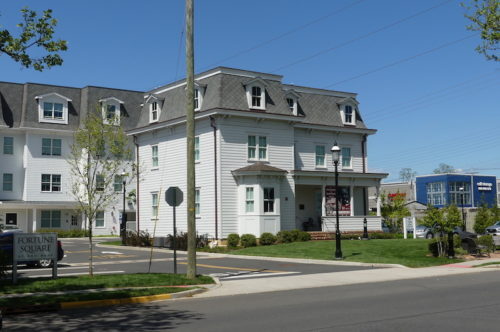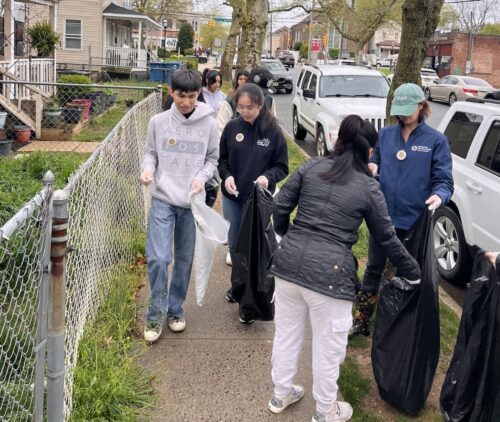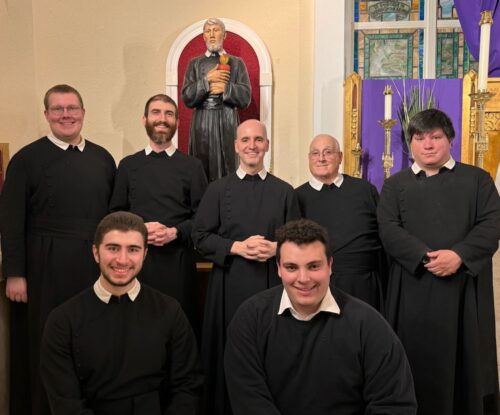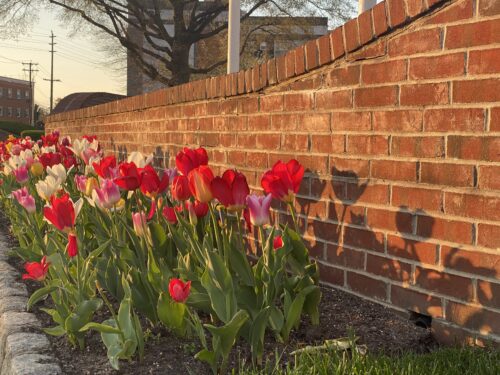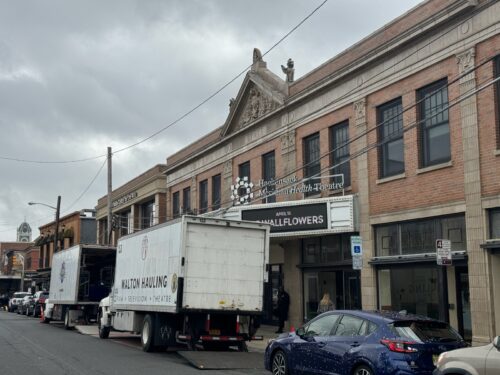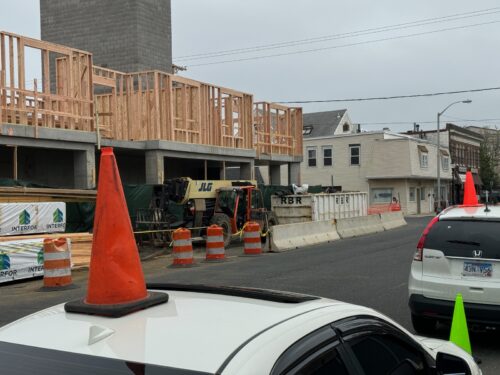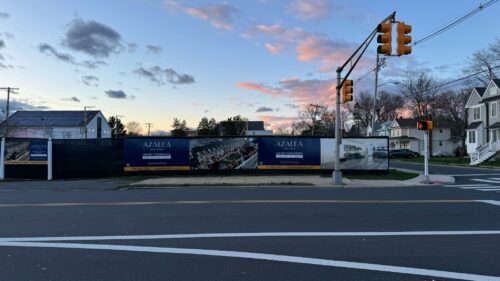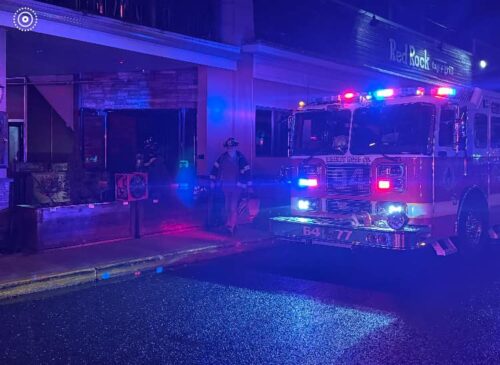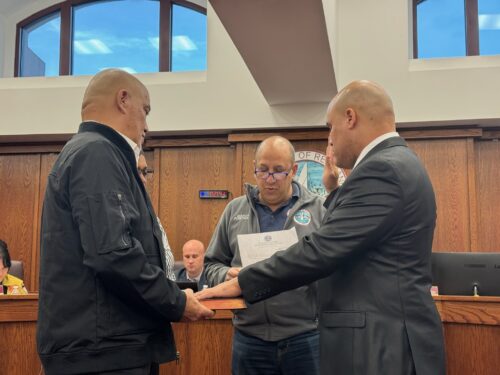By DUSTIN RACIOPPI
Middletown Mayor Gerard Scharfenberger really wants to bring those tax bills down. So much so that he’s urging his governing body to vote in favor of a resolution that would erase the largest item on the quarterly statements: school spending.
Scharfenberger, right, wants to absolve residents from paying for education through local or regional property taxes, a system that he says is inequitable, and instead fund schools through the state sales tax.
“Right now, two-thirds of bills goes to education. If you take that two-thirds off of property taxes, you’d be able to cut people’s taxes,” he said.
He’s asked township attorney Brian Nelson to draft a resolution in support of the idea, and anticipates it will be ready for a vote at the committee’s next regular meeting on August 16.
A resolution is only a first step to eliminating what Scharfenberger calls an unfair burden on property owners. For the idea to work, support throughout the state would be needed, and serious consideration from Governor Chris Christie, who’s shown he isn’t averse to sweeping changes, to move forward on such a notion. Scharfenberger said on Thursday that he’ll be planting that bug in Christie’s ear soon.
He’s spoken with other mayors about the idea, too.
“Everybody sort of commiserates, (and thinks) this could be a great thing,” Scharfenberger said. “It’s something that’s got to come, because we can’t just keep burdening taxpayers.”
So who, then, gets saddled with the school bill?
Scharfenberger thinks everybody. A percentage increase to the state sales tax would do the trick, he said, and spread out the cost of education more fairly, although he’s open to other ideas.
“Everybody pays sales tax. Not everybody pays property tax,” Scharfenberger said. “It would be more equitable. It would touch everybody.”
With a new administration in Trenton, Scharfenberger thinks the idea, which has been brought up by others in the past, has a better chance of gaining traction. But he doesn’t have much to offer in the way of details about such matters as how a state pool of funds would be apportioned.
“There’s got to be another form of tax,” Scharfenberger said. “I would hope that they (state lawmakers) come up with another funding source.”
The resolution comes at a time when Scharfenberger and the township committee are taking heat for proposing a budget that, more than halfway through the year, is not only late, but calls for a 13-percent increase in taxes, if approved. For months, Scharfenberger has made attempts to quell taxpayer frustration by explaining that education makes up such a large chunk of tax bills, and this resolution would, in a way, memorialize the fact that town hall only controls so much of what residents see on their bills.
Middletown’s education budget, at $140.3 million, dwarfs the township’s current $65 million spending proposal, which has yet to be adopted. If approved, all combined components of property taxes local services, Momouth County and schools would push bills up by 2.8 percent, or an additional $211 for the averaged assessed property.



